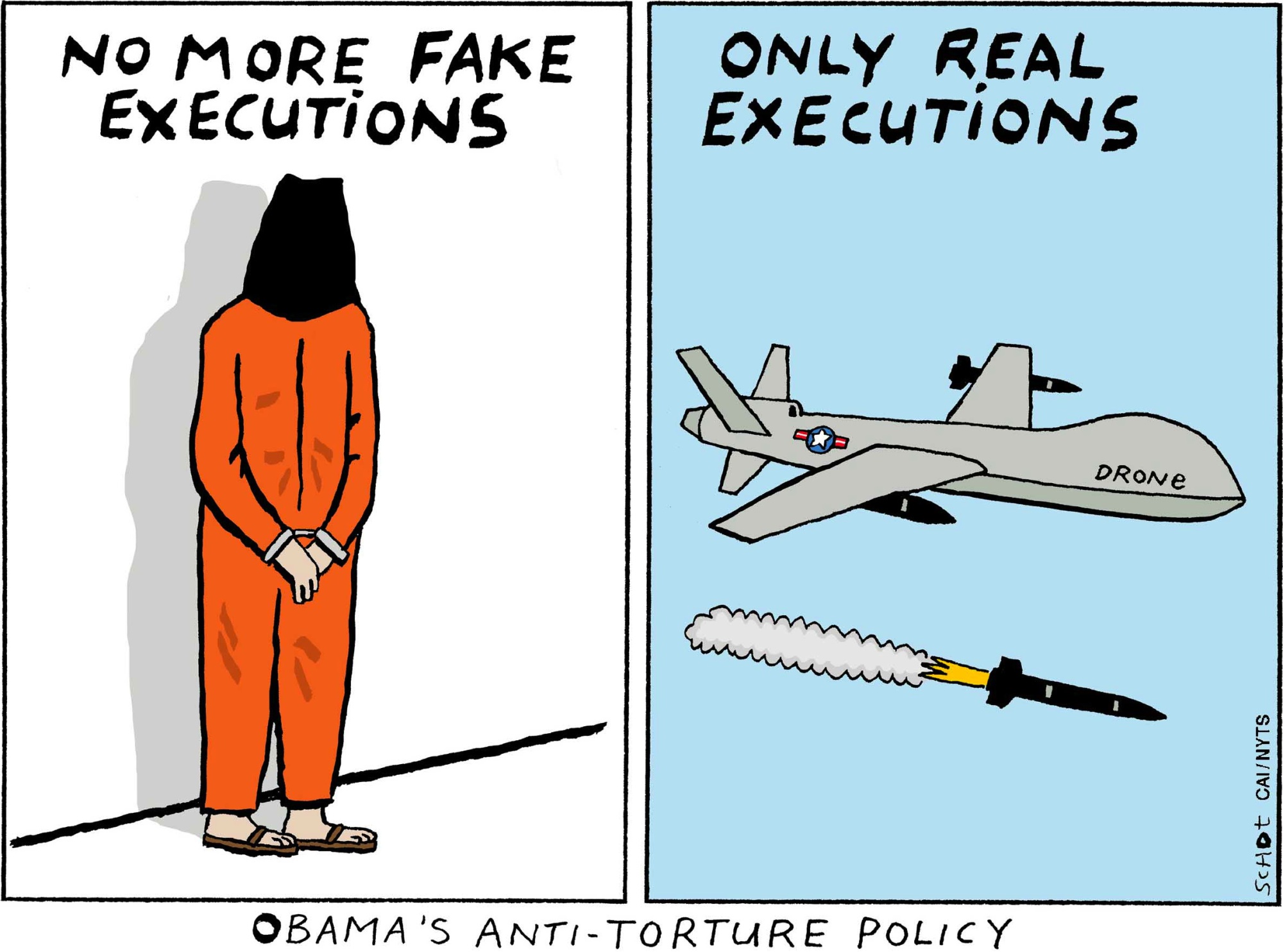"Double tap" was the name given to the U.S. drone warfare technique of first attacking a hostile target and then making another attack shortly after when the family, friends or colleagues rushed to rescue the injured in the first attack. That a number of women, children and noncombatants were killed as a result did not seem to worry our drone operators.
Changing the subject slightly, it is quite likely readers have heard of U.S. political commentator Fareed Zakaria. As an Indian-American with strong liberal sympathies he is popular with media seeking to reach out to internationalist-minded audiences. Often after yet another "terrorist" attack in Europe or the United States, Fareed likes to begin his denunciations with the headline "Why do they hate us?" But if Fareed had been a victim, or even a bystander, to a "double tap" attack, would he really have been surprised?
The liberal moralistic approach to foreign affairs can be welcome, of course. But there is also an obligation to find the causes of the seemingly immoral behavior of the other side. Does a man or woman who has seen people slaughtered in a "double tap" or some other ruthless bombing operation and seeks revenge as a result really deserve to be wiped out as a "terrorist?"



